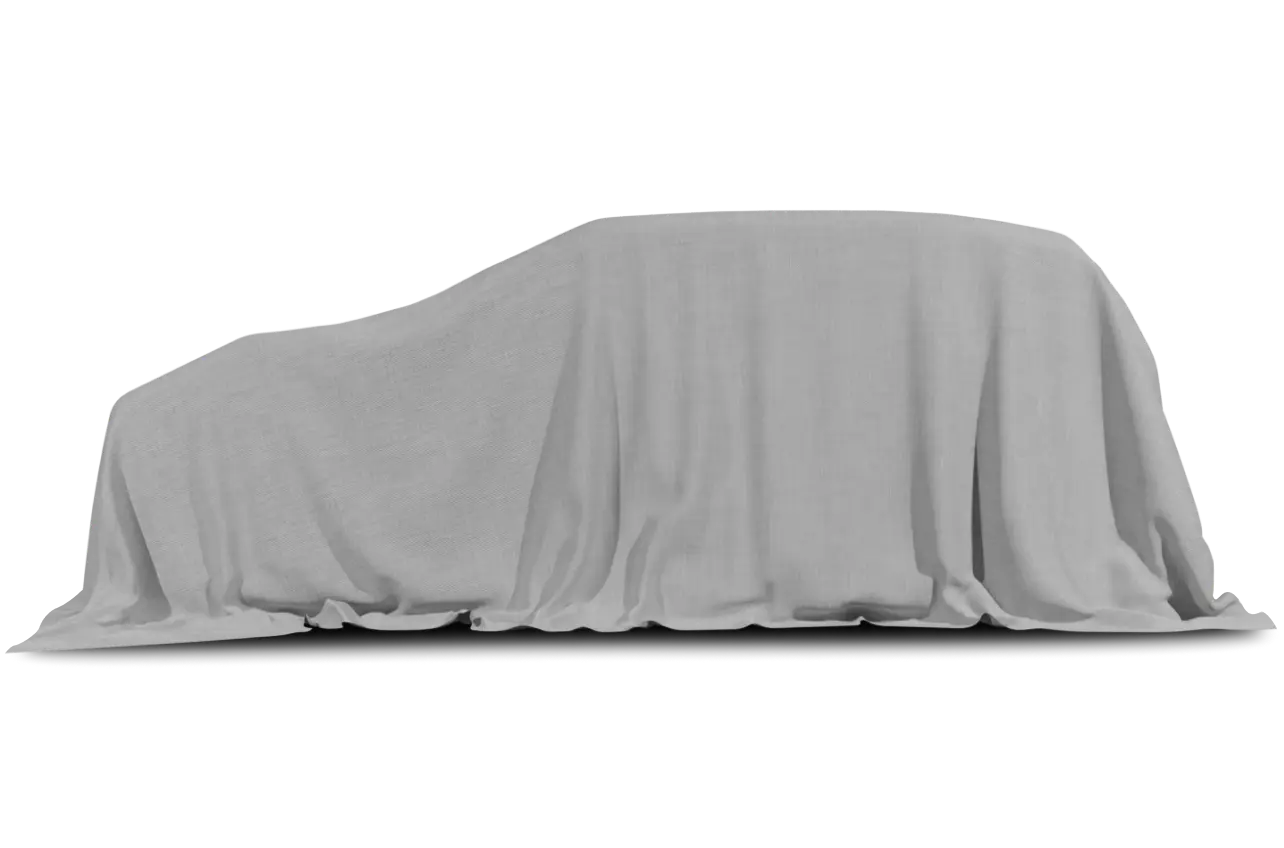
A few years ago, when Toyota announced that by 2001 the company would have no fewer than seven sport utility vehicles – including two sold by its upscale division, Lexus – many of us figured that would be about three too many.
We were wrong. While sales of the aging Toyota 4Runner have sagged slightly as the model awaits an update, the rest of the Toyota/Lexus SUV lineup is robust. There’s a small SUV, the Toyota Rav4; two medium-sized car-based SUVs, the Lexus RX300 and Toyota Highlander; a medium-sized truck-based model, the 4Runner, and three big truck-based utes, the Toyota Land Cruiser, the Lexus LX470 and the Toyota Sequoia.
A few of these models, such as the Land Cruiser, sell in comparatively small numbers, but are meeting Toyota’s reasonable goals. Others, like the Highlander, are designed to be volume vehicles.
Indeed, the Highlander is one more example of how effectively Toyota can adapt a basic platform to several different uses. The Highlander, the slightly smaller Lexus RX300, the Toyota Sienna minivan and the Toyota Solara coupe and convertible, as well as a couple of other models, are based on the Camry sedan.
What’s surprising, though, is that the Highlander feels like a vehicle designed from the ground up to be a sport ute. It’s one of the better-handling, better-riding SUVs, large enough for comfortable, effortless highway cruising, and compact enough to be a maneuverable grocery-getter around town.
There are, however, two things the Highlander is not. Even with all-wheel-drive, as the test Highlander Limited had, it’s no off-roader. It has no low-range gearing, not much ground clearance, and the tires, while fine for the street, aren’t right for mud and sand.
And although it’s a reasonably large vehicle – overall length is 184.4 inches, about five inches shorter than a Ford Explorer – unlike the Explorer, the Highlander has no available third seat. If you need to haul around more than five people in your SUV, Toyota happily points you to the Land Cruiser and Sequoia, which offer a third row of seating.
The basic front-wheel-drive Highlander, powered by a 2.4-liter, 155-horsepower four-cylinder, has a base price of a little more than $24,000. It’s very well-equipped for the money, with features such as an automatic transmission (no manual is available), air conditioning, four-wheel antilock anti-lock disc brakes, a stereo with a CD player and power windows, locks and mirrors.
At the other end of the price spectrum was the test vehicle, a top-of-the-line all-wheel-drive Limited, which adds a JBL stereo, a power driver’s seat, alloy wheels, fog lights and several other features. The test Highlander also had leather upholstery (a $1,070 option), a six-disc CD changer ($200), heated front seats ($440), side airbags air bags ($250) and a power moonroof ($900). Inside, it was as nice as most any luxury sedan.
Outside, though, the Highlander is a pretty generic-looking vehicle – certainly it isn’t unattractive, but its anonymous styling does not suggest that the test model lists for a healthy $34,642. We weren’t expecting something outrageous from Toyota (the Isuzu Axiom has that market sewn up), but a little more personality wouldn’t hurt.
Otherwise, the Highlander is as advertised. The 3.0-liter, 220-horsepower V-6 is smooth and powerful, and it matches up well to the four-speed automatic transmission. With the optional towing package ($160) and hitch ($290), the Highlander can tow 3,500 pounds. Again, if you need more towing capacity, the Sequoia and Land Cruiser will accommodate.
The Highlander has good competition, ranging from the Chevrolet Trailblazer to the Nissan Pathfinder, plus the aforementioned Explorer and Axiom.
And Honda is about to introduce the Pilot, which takes dead aim, in size, price and purpose, at the Highlander.
It’s a buyer’s market for midsized sport utility vehicles. Toyota’s deserved reputation for reliability, comfort and long-term value should keep the Highlander near the top of any SUV shopping list.
Base price: $30,795
As tested: $34,642
EPA-rated mileage: 18 mpg city, 22 highway
Details: All-wheel-drive sport ute with 3.0-liter, 220-horsepower V-6 with 4-speed automatic transmission





















.png)



